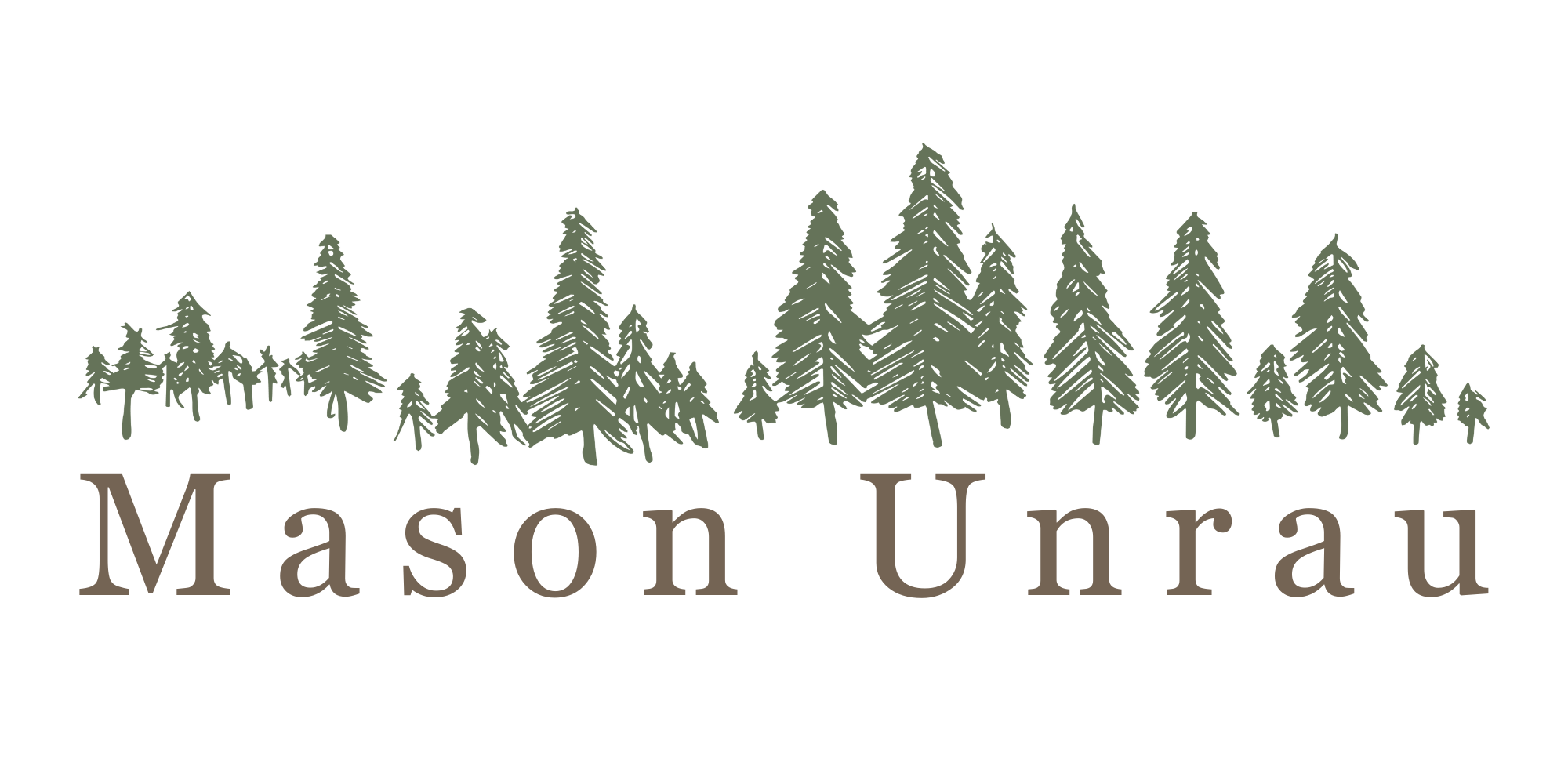Testing Beliefs.
“Learning how to engage safely with new ideas is an essential skill that society has lost due to the vilification of any opposition. ”
We all live by a multitude of ethical standards. Where these assumed universal rules derive from is often a contentious debate. Our overarching ethics generally influence the philosophies we affirm but many would like to think it's the other way around. If we happen to be cognizant of our lived-out philosophies we may have a chance to demonstrate less contradictory lives between what we believe and how we exist. This past week of training to be an Outdoor Facilitator for Rivers to Ridges has allowed me to reflect on this amidst a pollen-filled forest.
As I learn about emerging ideologies or philosophies I find it impossible to receive them without a preceding filter dividing them into a dichotomy of good or bad. Although I put in diligent effort to hear varying views from a wide range of sources, I admit to entertaining more content that affirms my currently held beliefs. Fortunately, I'm not an outlier in this matter. It feels good to indulge in videos, articles, books or other mediums that reinforce our preconceived understanding of how the world should be ordered. If we do not have these circles of agreement, an unrelenting existential or nihilistic outlook on life may be inevitable. Learning how to engage safely with new ideas is an essential skill that society has lost due to the vilification of any opposition. We feel secure in our confirmation bias and search relentlessly to find groups that support us in the comfort of familiarity. Social media is detrimental in perpetuating and exacerbating unhealthy amounts of affirmation and dissonance. It is not inherently negative to associate with those who agree with us and I may argue it is essential for us to remain healthy and integrated individuals. My concern remains because we exert copious amounts of energy holding onto the way we comprehend the world. Unfortunately, most of our philosophies are not tested or lived out as robustly as they could be.
Increasingly I hear theories from higher education or professionals that sound preposterous. Initially, I assume I merely cannot understand them due to my simple mind that is not nearly as educated as theirs. Once I brush that doubt away I try to take those ideas and run them through somewhat of a life simulator. Do they hold up in reality? How do they operate in the most extreme scenarios or unique situations like in other cultures or parts of the world with entirely different demographics and societal structures? Far too often we enjoy the luxury of holding beliefs that seem theoretically perfect while we stare at our computer screens, books or safe spaces. I regularly have to remind myself to test my beliefs out in reality and force myself to bridge the gap between theories and embodiment. How does what I believe manifest itself in the world around me? Are my philosophies aiding in upkeeping my ethics? If they don't, I need to readdress the issues and realign myself closer to my primary objective of loving the people around me.
It is this practice of testing beliefs that has forced me to reimagine what it means to follow the teachings of Christ and start the uncomfortable process of manifesting ideas into the real world. I invite you to do the same with the claims you advocate for. If you want to continue this conversation or want help running your beliefs through the trials of life, I would love to hear from you. Thank you for reading and I hope you enjoy the images below.
















